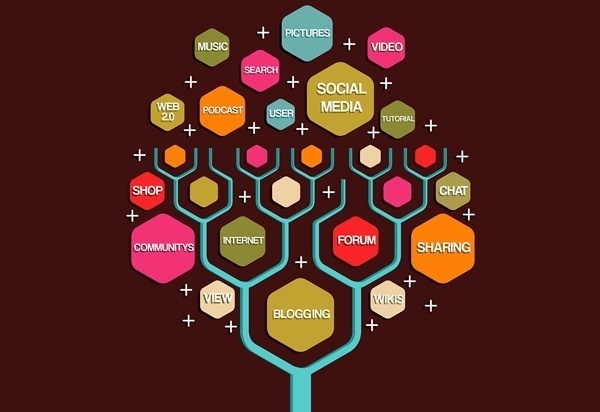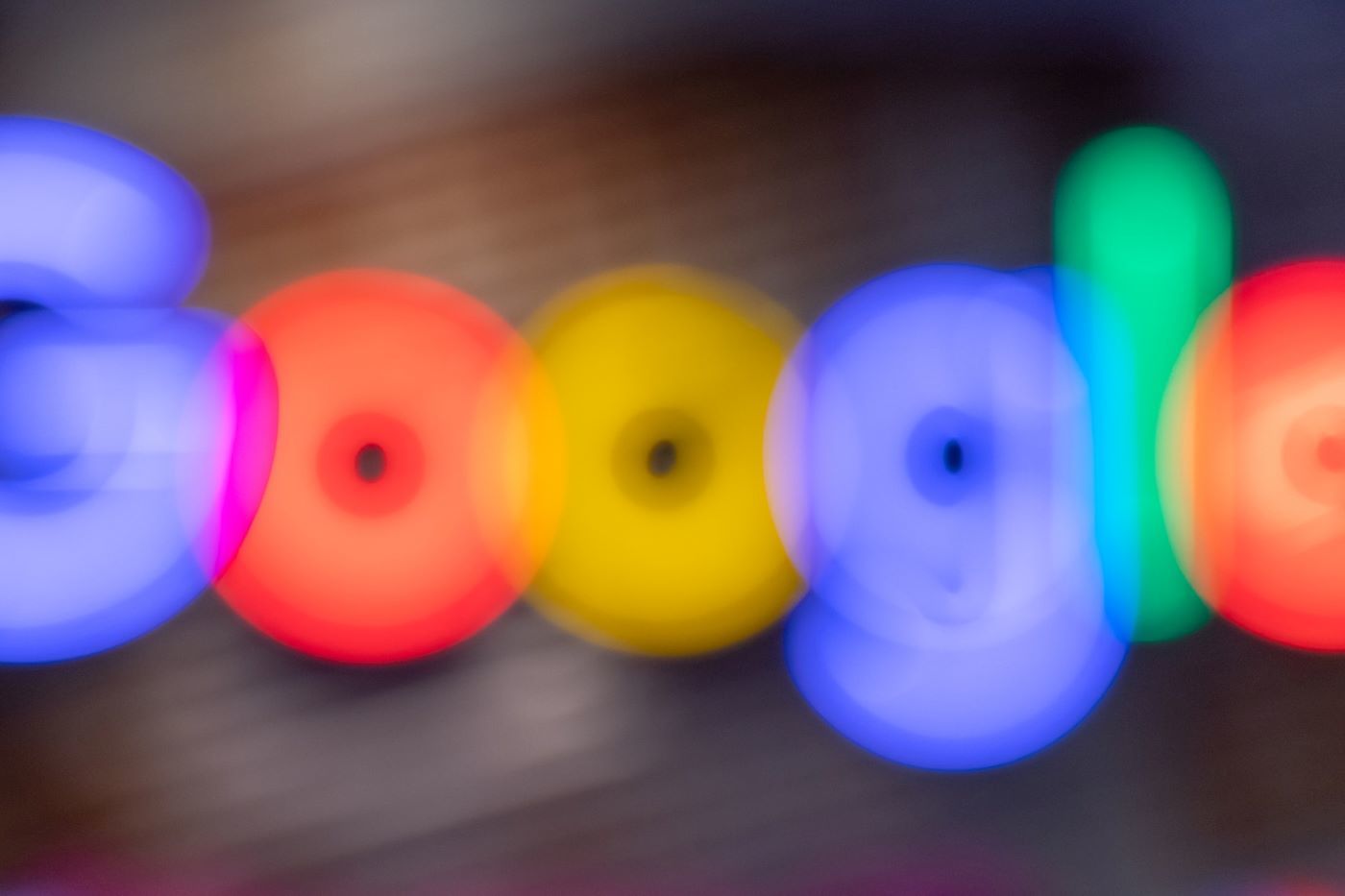When you’re trying to grow your business through PPC, one big question often comes up: Should you hire an agency or build an in-house team?
This is the next in my series after Hiring an SEO Agency vs. In-house. If you’re weighing up both SEO and PPC resourcing, I’d recommend giving that one a read too.
I’ve worked both agency-side and in-house during my career, so I know firsthand the advantages and challenges of each path. That’s why I wanted to put together this honest guide to help you figure out what’s right for your business, without any bias or sales spin.
I’ll walk through the real pros and cons, hidden costs that often get missed, and practical questions to ask yourself before making a decision.
Agency vs. In-house: A Quick Snapshot
Here’s a simple overview to get us started:
| Area | PPC Agency | In-house PPC |
| Communication | Can vary depending on the agency | Quick and direct |
| Costs | Monthly fee or retainer, scalable with budget | Salaries, tools, training |
| Business Knowledge | May need time to understand your business | Deep knowledge of products and margins |
| PPC Knowledge | Specialists with wide experience | Can be limited depending on experience |
| Speed to Launch | Can start quickly | Can take time to hire/train |
| Flexibility | Can flex activity based on need | Fixed working hours |
When Hiring a PPC Agency Makes Sense
Hiring a PPC agency can be a good move if:
- You need quick wins – Agencies can usually get started straight away and start improving results faster than hiring and training someone in-house.
- Your budget is growing – As spend increases, it becomes more important to have someone who knows how to manage bids, budgets, and performance at scale.
- You’ve hit a wall – If results have plateaued or performance is up and down, a fresh pair of eyes can help spot what’s not working and why.
- You don’t have time to manage it – PPC needs regular attention. If no one in-house has the time to look after it properly, it’s worth bringing in help.
- You want expert input – Agencies often work across many accounts, so they can bring ideas and tactics you might not have tried yet.
Just make sure you ask how they’ll report on results, what access you’ll have to the account, and how often they’ll speak to you. The good ones won’t hide behind jargon or dashboards. They’ll be clear, honest, and focused on helping you hit your targets.
When Building an In-house PPC Team Makes Sense
Having someone in-house can be the right choice if:
- You need someone close to the business – An in-house PPC manager will be more involved day to day and can quickly respond to changes in stock, pricing, or priorities.
- You already have a strong marketing team – If your wider team is set up to support PPC (e.g. designers, devs, content), bringing it in-house can give you more control and speed.
- You’re spending a lot – If your ad spend is high enough, hiring someone full-time can work out cheaper than an agency.
- You want to build PPC knowledge internally – Having someone in-house means your team can build experience over time and become less reliant on external support.
- You’ve had poor agency experiences – If you’ve felt burned by agencies who were slow to act or unclear in reporting, an in-house hire can give you more visibility and accountability.
That said, PPC changes fast. You’ll need to make sure your team has time to keep learning and isn’t pulled into too many other tasks. Regular training and support will go a long way to help them keep improving results.
Hidden Costs People Often Miss
Whichever option you choose, it’s important to look beyond the surface costs.
If you’re building in-house, you’ll need to budget for:
- Salaries
- Pension contributions
- Holiday pay, sick pay, parental leave
- Equipment (laptops, monitors, phones)
- PPC tools and software (e.g. call tracking, bidding tools, scripts)
- Ongoing training and certifications (which are essential with PPC platform changes)
- Support from freelance specialists (e.g. for creative, copywriting, or platform-specific work)
If you’re hiring an agency, watch out for:
- Extra project fees (e.g. setting up new campaigns or landing pages outside the retainer)
- Contract notice periods (usually flexible, but still worth checking)
- Potential onboarding time (they’ll need to learn your business, products, audience)
- Time spent reviewing and feeding back on work
Being clear on the full picture means fewer surprises later.
The Hybrid Approach: Best of Both Worlds?
A growing number of brands are choosing a hybrid model, building a small in-house PPC team and using agencies or freelancers to plug specific gaps.
For example:
- Your in-house PPC manager focuses on strategy, reporting, and stakeholder alignment
- You use an agency for campaign builds, creative testing, or scaling across new platforms
This approach gives you the day-to-day control of in-house, combined with the extra support and resource of an agency when you need it.
If you have the budget and PPC is a key channel for you, it’s worth considering.
Final Thoughts: What’s Right for You?
Like most PPC decisions, there’s no one-size-fits-all answer.
Here’s a quick checklist to help you weigh it up:
- Is paid media critical to your lead or revenue model? (If yes, in-house or hybrid might be best.)
- Do you have the budget to build a proper team, not just rely on one person juggling everything?
- Are you moving quickly and need expert support straight away? (If yes, an agency could help you scale faster.)
- Have you factored in the hidden costs beyond salary or retainer fees?
- Are you thinking about long-term growth, not just short-term wins?
Whatever route you take, the most important thing is being clear on goals, expectations, and how you’ll measure success, whether that’s with an internal team, an agency partner, or a mix of both.







Leave a Reply